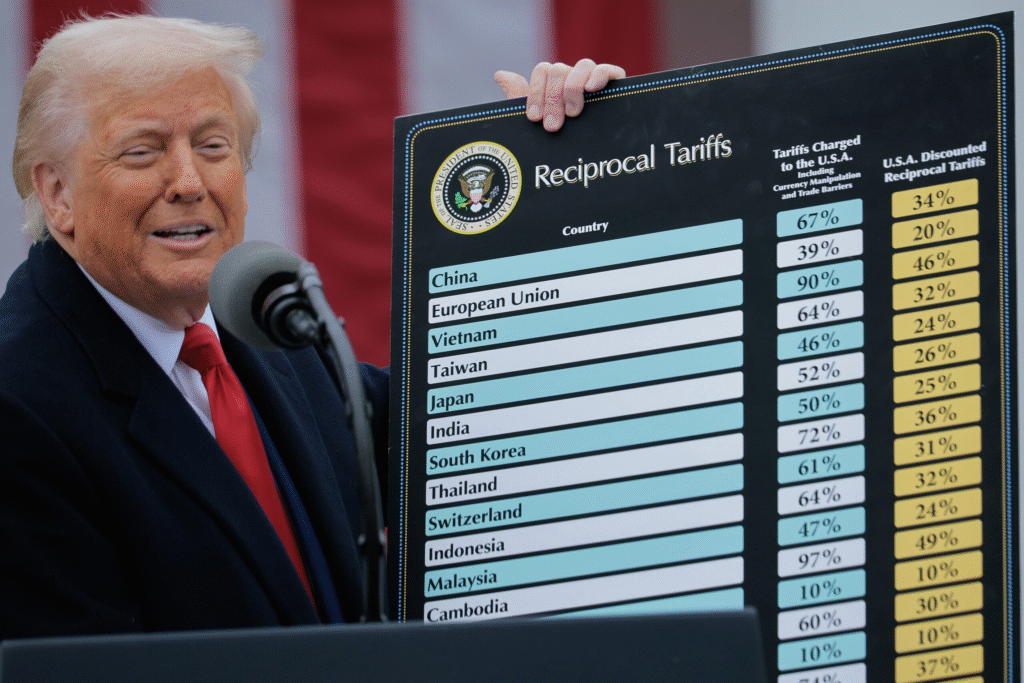Spike Lee Critiques Trump at Cannes 2025
At the 78th Cannes Film Festival, legendary filmmaker Spike Lee made headlines with pointed remarks about U.S. President Donald Trump during a press conference for his new film, Highest 2 Lowest.

Lee’s comments, which questioned American values under Trump’s leadership, sparked widespread discussion. The remarks came as Lee premiered his latest work, a neo-noir crime thriller, on May 20, 2025. Here’s the background, context, and reasons behind Lee’s statements.
Cannes Premiere and Trump’s Tariff Proposal
Spike Lee’s Highest 2 Lowest, a remake of Akira Kurosawa’s High and Low, premiered out of competition at Cannes, earning a six-minute standing ovation. The film, starring Denzel Washington, A$AP Rocky, and Jeffrey Wright, was a major highlight of the festival.
During the press conference, Lee was asked about the impact of social media on American morals.
He responded, “I don’t know how much we can talk about American values considering who is the president,” referencing Trump.
His wife, Tonya Lewis Lee, had cautioned him to be careful, but Lee pressed on. The comment was partly a reaction to Trump’s recent proposal to impose 100% tariffs on foreign-made films, announced on May 5, 2025.
This policy alarmed the film industry, as it could disrupt global production and distribution, potentially hurting filmmakers and audiences alike. Lee noted, “People are hurting. The people whose lives depend on the film industry aren’t working.”
Lee’s History of Political Commentary
Lee, known for films like Do the Right Thing and BlacKkKlansman, has never shied away from political critique. His work often tackles social issues, from racism to economic inequality.
At Cannes, his remarks echoed a broader sentiment among filmmakers. Earlier in the festival, Robert De Niro called Trump a “philistine president” while accepting an honorary Palme d’Or, criticizing Trump’s cuts to arts funding. Lee’s comments aligned with this, reflecting frustration with Trump’s policies, which many in the arts see as hostile to creative expression.
Lee’s caution about discussing “American values” suggests a belief that Trump’s leadership undermines principles like inclusivity and artistic freedom, which Lee holds dear. His history at Cannes, including serving as jury president in 2021, adds weight to his voice on such platforms.
Impact of Trump’s Tariff Plan
Trump’s tariff proposal, which he later softened by saying no final decisions were made, caused a stir in the film industry. The plan aimed to boost U.S. production but raised fears of higher costs and fewer international collaborations.

Lee, when asked directly about the tariffs, admitted, “I don’t have the answer for that,” but highlighted the industry’s struggles, saying, “No one’s working.”
The policy could limit access to foreign films and increase costs for studios, potentially affecting jobs and creativity. Other filmmakers, like Wes Anderson, also expressed confusion over the tariffs at Cannes, noting their unprecedented nature.
Lee’s remarks reflect a broader anxiety about how such policies could reshape the global film landscape, particularly for independent and international projects.
Cannes as a Platform for Protest
The 2025 Cannes Film Festival became a stage for political expression, with Trump’s policies dominating discussions. Actors like Pedro Pascal urged filmmakers to resist political pressure, while De Niro called for action against Trump’s influence.
Lee’s comments fit this trend, using his platform to critique leadership he sees as detrimental to art and culture. His guarded tone prompted by his wife’s warning shows an awareness of the risks of speaking out, yet he chose to address the issue indirectly. This aligns with Cannes’ history as a space where art and politics intersect, amplifying voices like Lee’s to a global audience.
Why Lee Spoke Out
Lee’s remarks stem from his deep connection to the film industry and its role in reflecting societal values. He sees art as a force for truth and diversity, qualities he believes are threatened by Trump’s policies.
His critique wasn’t just about tariffs but a broader concern about a presidency he views as misaligned with cultural progress.
By saying, “I don’t know how that’s going to work,” Lee expressed skepticism about Trump’s approach, echoing the uncertainty felt by many in the industry. His words at Cannes, a festival celebrating global cinema, underscore his commitment to defending art against political overreach, making his comments both a personal stance and a call to protect creative freedom.


 Trump Demands US Attorney General Share Epstein Data
Trump Demands US Attorney General Share Epstein Data  Trump Claims ‘Inflation Is Dead’ but June Surge Signals Otherwise
Trump Claims ‘Inflation Is Dead’ but June Surge Signals Otherwise  Has Trump Sided with Ukraine Over Russia in the War?
Has Trump Sided with Ukraine Over Russia in the War?  Trump Threatens Brazil with 50% Tariff Over Bolsonaro Trial
Trump Threatens Brazil with 50% Tariff Over Bolsonaro Trial  Trump Slaps Tariffs on Asian Nations, but India Secures Exemption
Trump Slaps Tariffs on Asian Nations, but India Secures Exemption